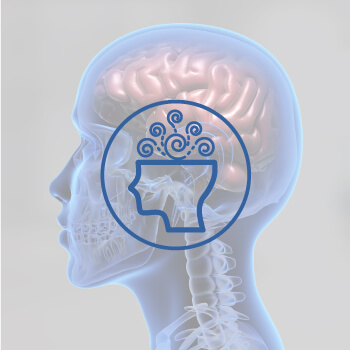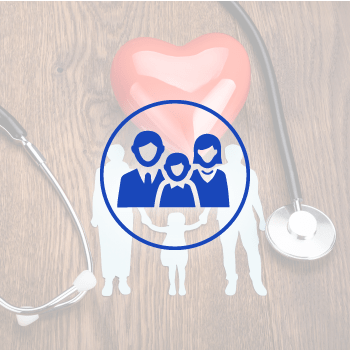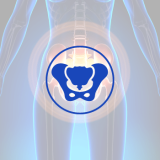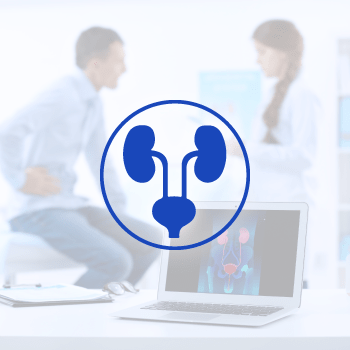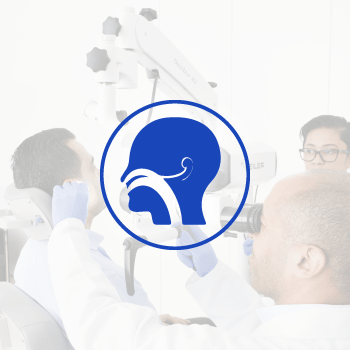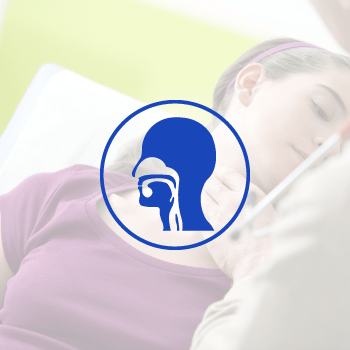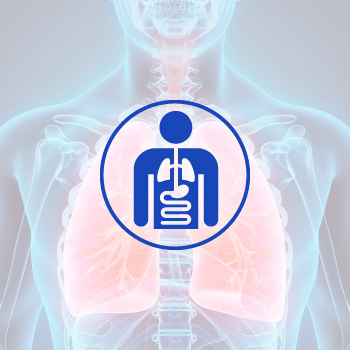GERD stands for Gastroesophageal Reflux Disease. It’s a chronic digestive disorder that occurs when stomach acid or, occasionally, stomach content flows back into the esophagus (the tube that connects the mouth to the stomach). This can lead to a variety of symptoms and complications.
- Common Symptoms of GERD
- Complications of Untreated GERD
- Treatment
Heartburn: A burning sensation in the chest or throat, often after eating or at night.
Regurgitation: The feeling of sour or bitter-tasting fluid backing up into the throat or mouth.
Difficulty swallowing: Also known as dysphagia, it can feel like there’s a lump in the throat.
Chest pain: This can sometimes be mistaken for a heart attack.
If left untreated or poorly managed, GERD can lead to several complications:
Esophagitis: The persistent exposure of the esophageal lining to stomach acid can cause inflammation and irritation, a condition known as esophagitis.
Barrett’s Esophagus: Long-term acid exposure can lead to changes in the cells lining the lower esophagus, a condition called Barrett’s esophagus. This condition is associated with an increased risk of esophageal cancer.
Respiratory Symptoms: Stomach acid and digestive juices that flow back into the throat can cause coughing, wheezing, and other respiratory issues.
Esophageal Stricture: Chronic inflammation from GERD can lead to the development of scar tissue, causing narrowing of the esophagus and making swallowing difficult.
Lifestyle changes: Lifestyle modifications may include avoiding trigger foods (like spicy or acidic foods), eating smaller meals, not lying down immediately after eating, and maintaining a healthy weight.
Medications: Medications include antacids, H2 blockers, and proton pump inhibitors (PPIs) that help reduce stomach acid production.
Surgery: In some cases where medications and lifestyle changes do not provide adequate relief, surgical options such as fundoplication (wrapping the top of the stomach around the lower esophagus) may be considered.
Chronic reflux can lead to complications, so an accurate diagnosis and appropriate management are crucial.
If you suspect you have GERD or are experiencing persistent symptoms, it’s important to consult a healthcare professional for proper diagnosis and management.




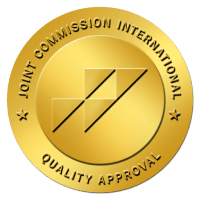
 أنقر هنا
أنقر هنا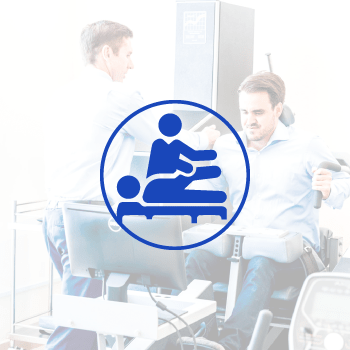 أنقر هنا
أنقر هنا
